FIGURERudi Suparmono adds to the long list of court officials, both within the Supreme Court (MA) and the lower courts, who have been implicated in corruption cases related to the judicial mafia. Rudi, who is a former Chief Judge of the Surabaya District Court (PN), is known to be a suspect in a case of alleged bribery and/or gratification related to the acquittal of Ronald Tannur.
In the case, three of Rudi’s subordinates at the Surabaya District Court, who were judges in the murder case against Ronald Tannur, had already been charged earlier. In addition, the former Head of the Research and Development Agency and the Legal and Judicial Training of the Supreme Court, Zarof Ricar, was also implicated in the case.
The Institute for the Study and Advocacy of Judicial Independence (LeIP) highlighted that before Rudi and Zarof, officials within the Supreme Court and other judicial bodies who have undergone legal proceedings include former Supreme Court Secretary Nurhadi and Hasbi Hasan, Deputy Chairman of the Bandung District Court Tejocahyono, Chairman of the Medan Administrative Court Tripeni Irianto Puro, Chairman of the Kepahiang District Court Janner Purba, and Chairman of the Manado District Court Sudiwardono.
“This confirms that strategic positions in the judiciary, including in the Supreme Court, are still too often occupied by individuals who are prone to endangering the integrity of the institution,” said LeIP Executive Director Muhammad Tanziel Aziezi to Media Indonesia, Thursday (1/16).
For Aziezi, the designation of Rudi as a suspect serves as a loud alarm regarding the leadership crisis in the judiciary. He questioned why individuals with integrity issues are able to occupy important and strategic leadership positions within the judiciary in the homeland.

After serving as the Chief Judge of the Surabaya District Court, Rudi was transferred to fill a more strategic position, namely the Chief Judge of the Central Jakarta District Court. As information, the Central Jakarta District Court hosts special courts, such as the Corruption Court, Commercial Court, Industrial Relations Court, and Human Rights Court in Jakarta.
In fact, after being appointed as the Chief of the Central Jakarta District Court, Rudi was promoted to one of the high judges at the Palembang High Court. However, he was not able to be inaugurated due to being sanctioned by the MA Supervisory Board (Bawas) after being proven to have violated ethics in the case of Ronald Tannur’s acquittal.
“If he hadn’t stumbled and been caught, it wouldn’t be impossible for RS (Rudi) to continue advancing to hold other important positions in the court and the Supreme Court,” explained Aziezi.
Furthermore, he argues that the case involving Rudi is concrete evidence of a hierarchical structure within the judiciary that still allows for corrupt practices through the abuse of authority in case management and the selection of judges. According to him, the Supreme Court cannot respond to the case casually.
“The Supreme Court needs to use the arrest of RS as a momentum to clean up the judiciary from corrupt practices,” he said.
Aziezi urged the current leaders of the Supreme Court to ensure that leadership positions within the judiciary are filled by figures with a clean track record. If it fails, it will actually pose a serious threat to the institutional foundation and the credibility of the judiciary. If not addressed immediately, Aziezi mentioned that it is not impossible for the judiciary to increasingly lose legitimacy in the eyes of the public.
Separately, MA spokesperson Yanto explained that the promotion of Rudi as a high judge at PT Palembang was carried out before the alleged bribery incident was discovered. After the MA Supervisory Board imposed a two-year non-punitive sanction, Yanto stated that the MA leadership prohibited Rudi from being appointed.
“When the incident in Surabaya occurred, the leadership prohibited the appointment.” And he has not yet been appointed as a high judge, so it is not yet a promotion,” he explained.
So far, Yanto said that the mechanism for selecting leaders in the judiciary is carried out through a fit and proper test mechanism. Next, the prospective leaders undergo a series of tests, including psychological tests. Not stopping there, the Supreme Court (MA) also collaborates with other parties to conduct profiling of the prospective leaders within the judiciary.

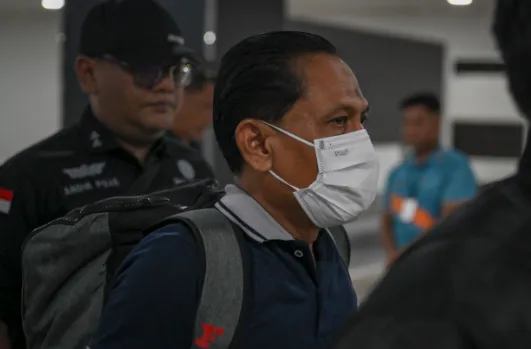
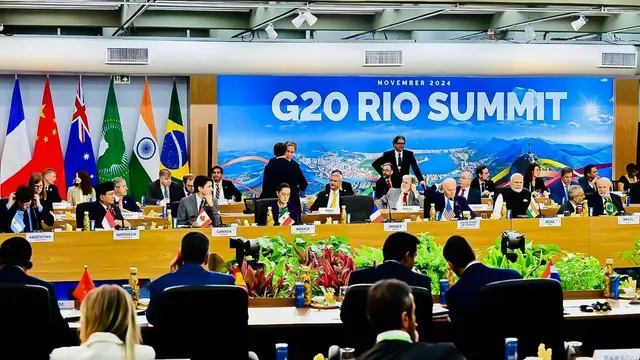
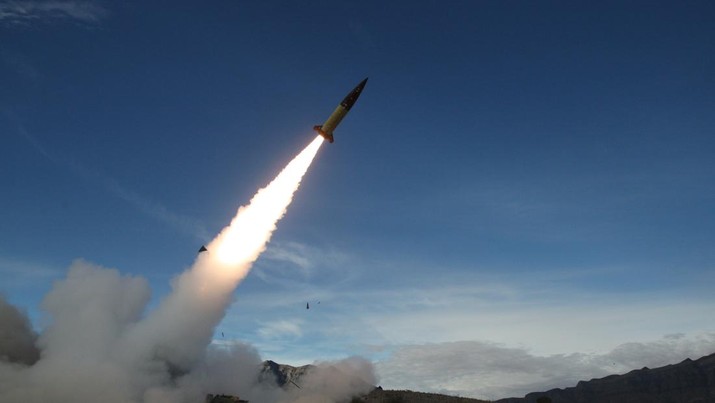
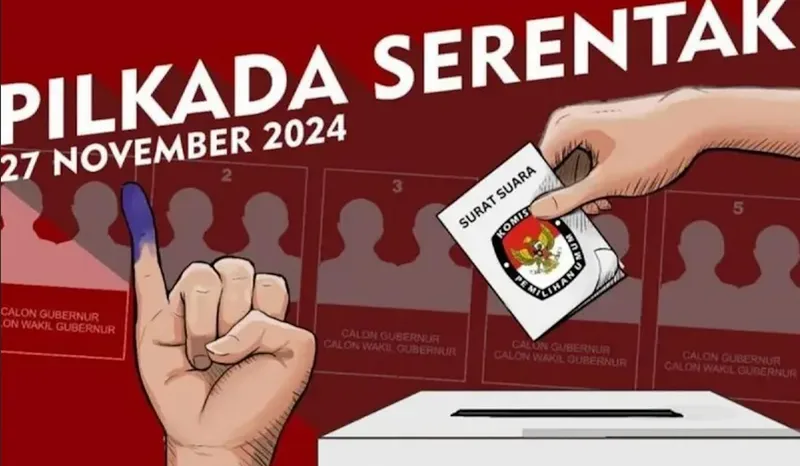
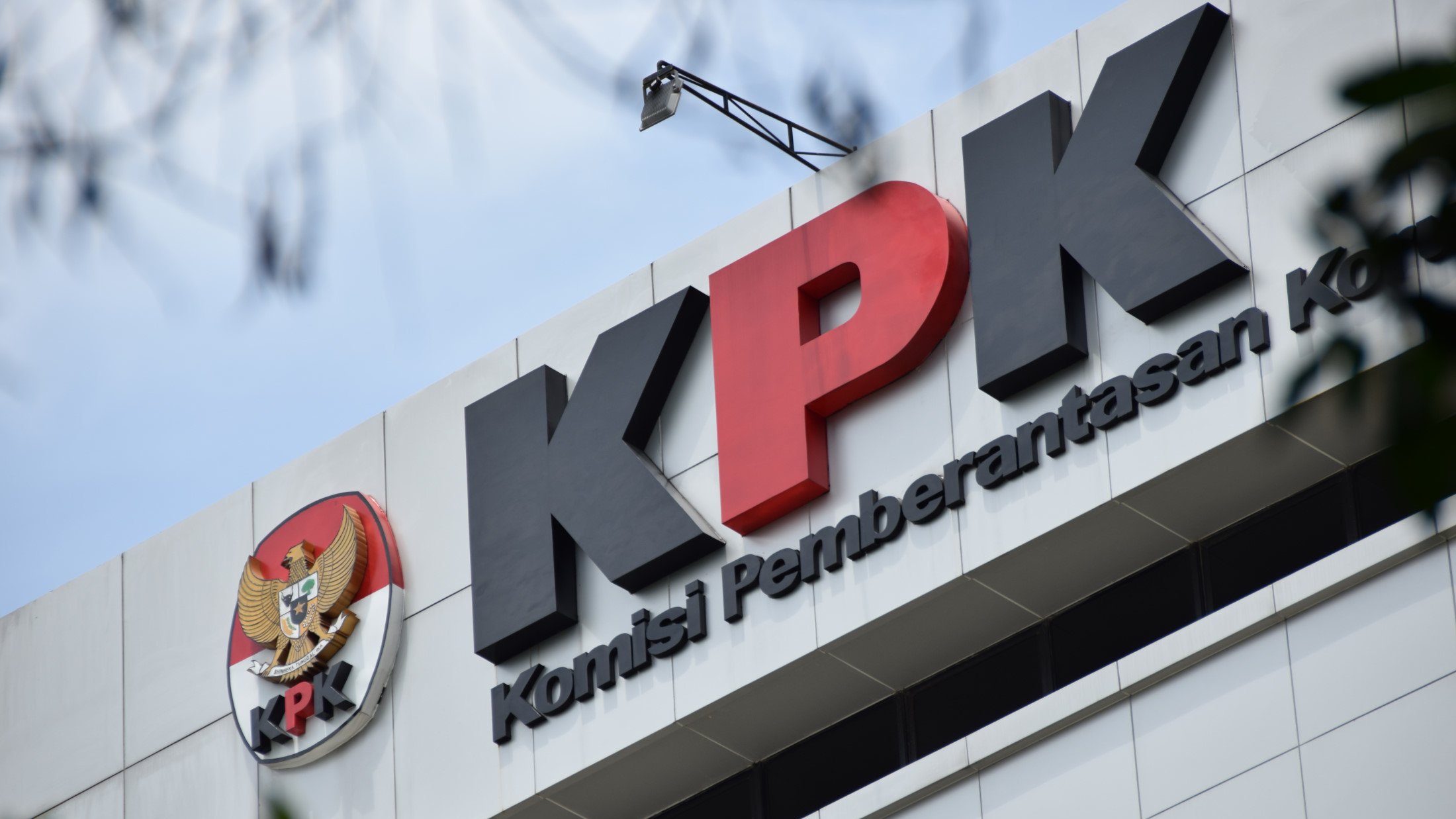
Leave a Reply